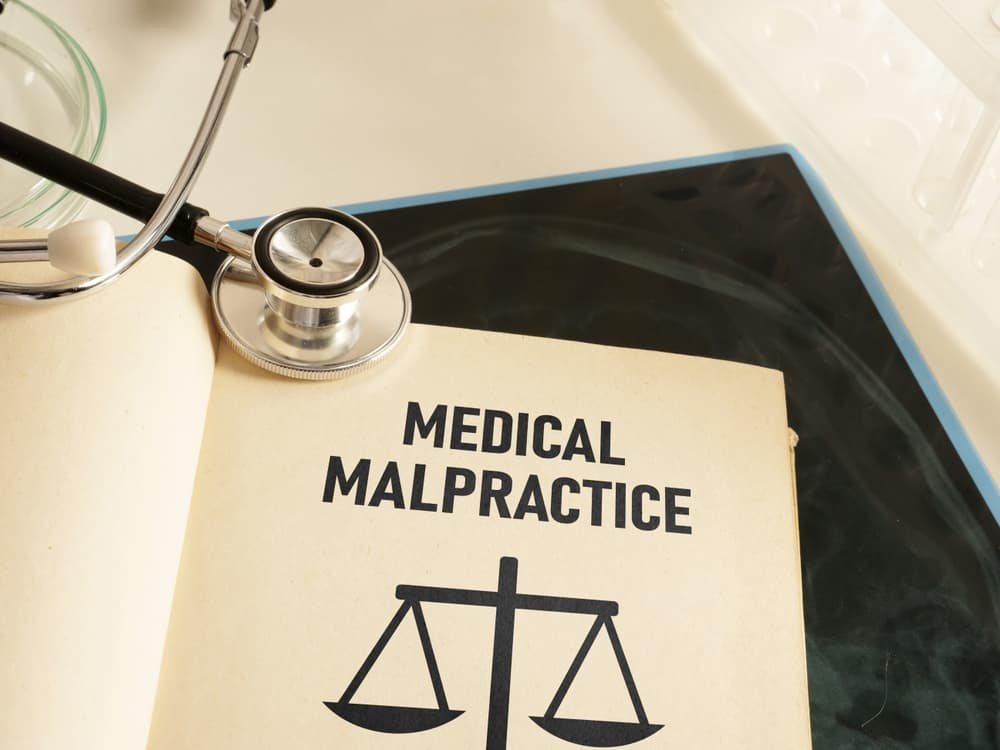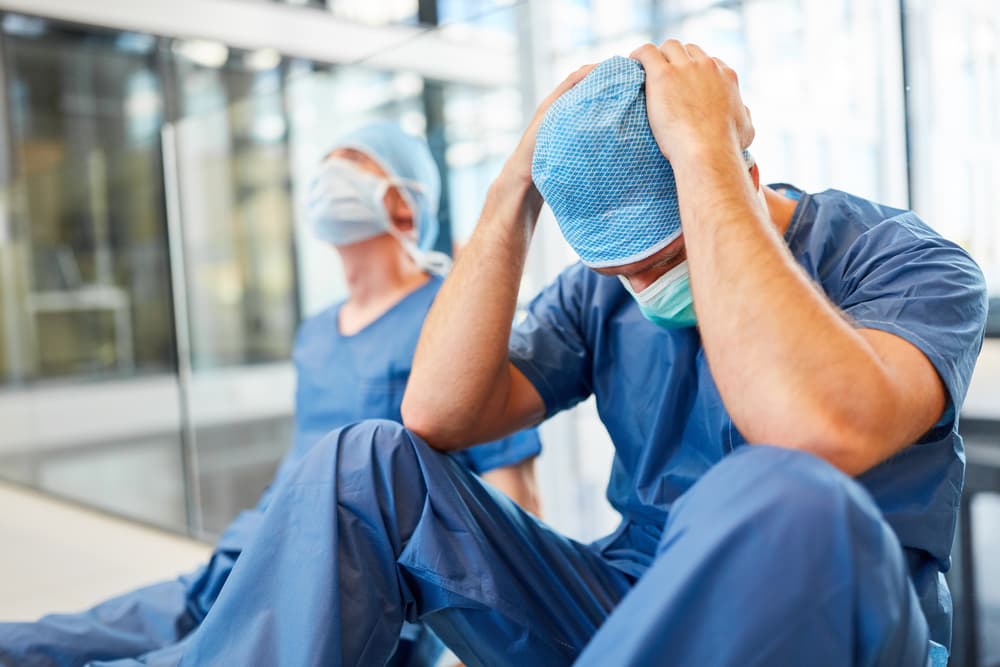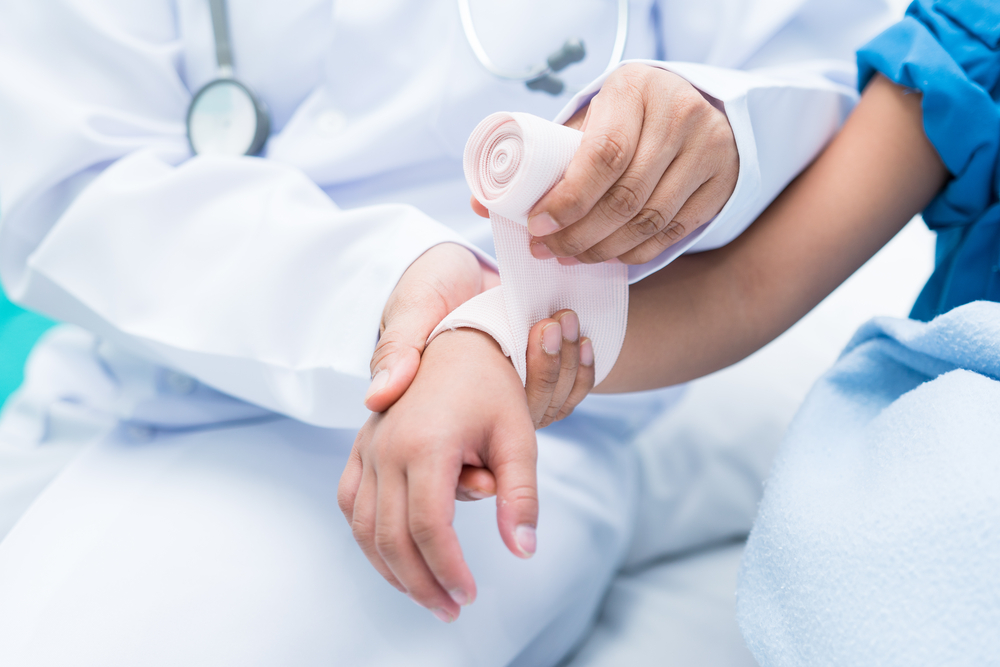Premises liability laws outline a property owner or occupier's responsibilities for preventing injuries to visitors. This legal concept dictates that property owners and occupiers—or tenants—have a duty of care to visitors and must take reasonable steps to keep them safe from hazards on their property that could cause an accident and injury.
Under premises liability law, you can hold the owner or occupier/tenant liable for accidents on their property.
If you have suffered harm in an accident on someone else's property, you may file a premises liability claim and seek monetary damages for your injuries.
Here's an overview of the basic legal principles, the compensation you could pursue, and why your best bet in a premises liability case is to hire an experienced Columbia premises injury lawyer to handle your claim.
Basic Overview of Premises Liability Law
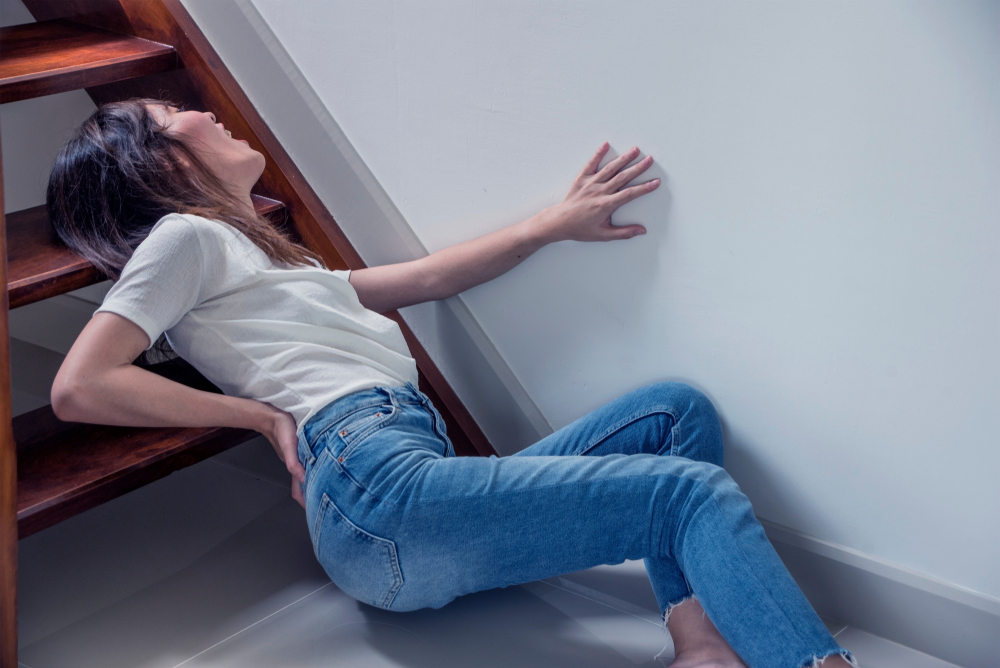
According to premises liability law, the owner or occupier of a property has a duty to maintain reasonably safe conditions for visitors. If someone suffers an injury due to a dangerous event or defective feature on a property, they can hold the owner or tenant legally responsible if they knew or should have known of the hazard and failed to take reasonable steps to prevent it from causing harm.
While premises liability laws vary between states, a property owner or tenant's duty of care will generally depend on the type of visitor and their purpose for being on their property.
Premises liability law categorizes visitors into three types:
- Invitees visit the property with the express or implied consent of the owner or occupier, such as customers at a store or restaurant or a postal worker delivering the post to the front door. Property owners and tenants must take all reasonable steps to ensure their premises are safe for invitees to enter and remain on.
- Licensees enter a property with permission or of their own volition, such as social guests (even if you invite them over). Property owners and tenants must not intentionally or recklessly harm licensees and must warn them about known, non-obvious dangers on their premises, but do not usually have an obligation to ensure their safety from all hazards.
- Trespassers do not have the legal right to enter and remain on a property. Owners and tenants owe the lowest duty of care to adult trespassers but still have an obligation to avoid causing intentional harm. Property owners and tenants also owe a duty to ensure their premises do not pose unreasonable dangers to children who might enter with or without permission.
Premises liability laws apply to various individuals, organizations, and agencies. Residential homeowners, landlords, tenants, businesses, and government bodies managing public properties are examples of parties responsible for upholding premises liability laws.
Anyone who owns or occupies property that is accessible to others, whether publicly or privately, holds some degree of responsibility to ensure their premises are safe. If they fail to meet that duty, they may owe compensation to visitors who suffer injuries as a result.
Common Types of Premises Liability Cases
Premises liability law governs a wide variety of cases. Accidents and injuries can happen anywhere. Here are some examples of common types of premises liability claims:
Slips and Falls
One of the most common types of premises liability cases is slip and fall accidents, which encompass any situation where a person suffers injuries in a preventable fall due to a hazard on someone else's property.
Slips and falls frequently occur due to wet floors, cracked pavements, poor lighting, or obstructed paths. Property owners and occupiers generally have a responsibility to maintain their properties to prevent these types of accidents and can be liable if they fail to do so.
Inadequate Maintenance
These cases involve injuries resulting from poor maintenance of a property. Crumbling stairs, falling ceiling tiles, broken railings, or malfunctioning gates and doors can cause severe injuries to unwary visitors. A property owner often has a duty to fix these issues or warn visitors about them.
Defective Conditions
Defective property conditions might include faulty electrical wiring or unstable structures, such as shaky balconies or unstable shelves. If a defect exists and the property owner knew or should have known about it but failed to rectify the problem, they may face a premises liability lawsuit.
Inadequate Security
Negligent or inadequate security is a legal concept that covers a property owner's responsibility to protect visitors from criminal activity by providing adequate security measures.
A visitor can hold the owner or tenant liable if a visitor gets injured in an assault or criminal incident that adequate security, such as working door locks, security cameras, parking lot lighting, or security personnel, could have prevented.
Elevator and Escalator Accidents
Elevators and escalators are widely used conveniences in commercial buildings, shopping malls, and other public premises. They also pose a significant risk if the owner or occupier does not maintain them properly.
Harmful accidents can occur from sudden stops, improper alignment, or other malfunctions. When these incidents occur and result in injury, the property owner can be legally responsible under premises liability law.
Dog Bites
Property owners who own dogs have an obligation to ensure that their pets do not harm visitors. If a dog bites a visitor, the property owner may be legally responsible for their injuries.
Swimming Pool Accidents
Swimming pool accidents cover a wide range of scenarios, including slip and fall incidents on a pool deck and drownings or near-drownings due to inadequate safety equipment or supervision.
The provision of warnings, the presence of gates and fences barring entry to a pool area, and the general maintenance of the pool can play a role in determining whether an owner or tenant fulfilled their duty to their visitors.
Amusement Park Accidents
Amusement parks, while fun and entertaining, are often the scene of serious accidents. Owners must adequately manage and maintain their properties. If a visitor gets injured due to a malfunctioning ride, inadequate safety measures, or negligence on the part of the staff, the park management and owners could be responsible under premises liability law.
Fires
Fires can cause severe injuries and death. Property owners and tenants have a legal obligation to implement adequate fire safety precautions. This might include maintaining fire alarms, supplying fire extinguishers, installing sprinkler systems, and ensuring well-marked and clear fire exits.
If a person gets injured or suffers a loss due to a fire that the property owner could have prevented or mitigated, they may file a premises liability case.
Water Leaks or Flooding
Water leaks or flooding can present numerous hazards, including slippery surfaces, electrical dangers, and mold growth. Property owners who fail to mitigate the effects of leaks and flooding can be accountable if a visitor suffers injuries.
Environmental Contaminants
Harmful environmental conditions resulting from toxic chemicals, mold, or building materials can pose severe dangers to visitors. If a property owner negligently exposes people on their property to harmful substances, they can be liable for any resulting injuries.
Potential Compensation in a Premises Liability Case
If you have suffered injuries due to a property hazard, you may have the right to seek compensation for damages from the property owner, tenant, or another liable party.
Every case differs, but that compensation may include payment for:
- Medical expenses, including past, present, and future costs of treating the injury.
- Lost income if an injury results in time off work or reduced working capacity.
- Physical pain and emotional distress due to the incident.
- Loss of enjoyment of life.
- Scarring, disfigurement, or loss of bodily function.
When the at-fault property owner or tenant engages in particularly outrageous or malicious misconduct involving a property hazard, a court may also award punitive damages, which aim to punish the person responsible and deter others from similar behavior.
If a fatal premises liability accident occurs, the deceased victim's surviving spouse or family members may file a wrongful death lawsuit. In these cases, compensation can include payment for the loss of the victim's income, support, companionship, guidance, and consortium, in addition to medical costs and funeral and burial expenses.
Factors Determining Compensation in a Premises Liability Case
Numerous factors can determine the type and amount of compensation you receive after suffering injuries in a premises liability accident.
They include:
After sustaining injuries on someone else's property, contact an experienced premises liability lawyer as soon as possible to learn the types and amounts of compensation you may receive.
Protecting Your Rights in a South Carolina Premises Liability Case
Premises liability cases can be complex, and proving liability requires strong evidence and skilled legal representation. The following steps can protect your rights following an injury-causing accident on someone else's property:
Take Care Of Yourself
Your health should be your priority after any accident. Even if you don't consider your injury to be severe, seek medical attention and follow your doctor's prescribed treatment plan diligently. Neglecting to care for yourself can jeopardize your health and your legal rights.
Notify the Property Owners or Someone in Charge
Report the incident promptly to the property owner, manager, or person in control of the premises. Doing so ensures the parties liable for your injury know that you may claim compensation.
Avoid Accepting Any Immediate Settlement Offers
If you get hurt at a business, the owner might offer you immediate in-kind payments, such as a free stay at a hotel or a free meal. Never accept these offers—they may come with certain conditions that make it harder for you to pursue monetary damages for your injuries.
If the property owner's liability insurance company offers you a quick settlement, do not accept it without speaking with an experienced premises liability lawyer.
Settlement offers made directly to injured victims are often significantly lower than the claim's worth, and accepting them can prevent you from seeking further compensation in the future, even if your injuries are more severe than you initially thought.
Hire a Premises Liability Lawyer Immediately
Do not wait to seek legal representation after getting hurt in a premises liability incident. An attorney can take prompt steps to collect evidence supporting your case and to preserve your rights to file a claim or lawsuit before legal deadlines expire.
Hiring a premises liability lawyer is affordable. Most lawyers offer free consultations so you can learn about your rights without any financial obligation. They also work on a contingent fee basis, which means you do not have to pay anything unless they succeed in getting you money for your losses.
Contact an Experienced South Carolina Premises Liability Lawyer Today
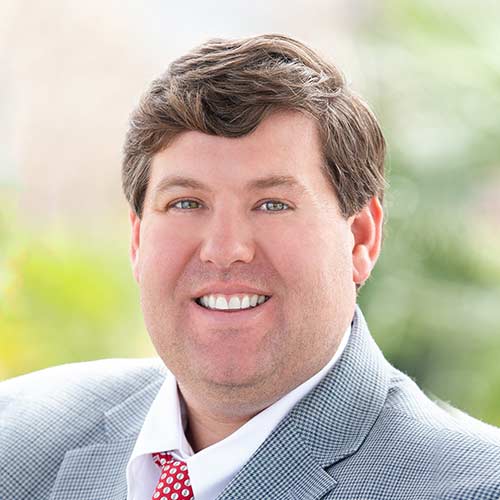
If you have suffered harm on someone else's property, you may have a legal entitlement to monetary damages under premises liability law. Obtaining that compensation, however, is not easy or automatic. Hiring an experienced premises liability lawyer to handle your claim is the most effective way to secure the maximum payment.
Don't wait to get the legal guidance you need. The sooner you act, the better your chances of successfully claiming the compensation you deserve. Contact an experienced premises liability lawyer today for a free case evaluation. Get More Get Morris!
